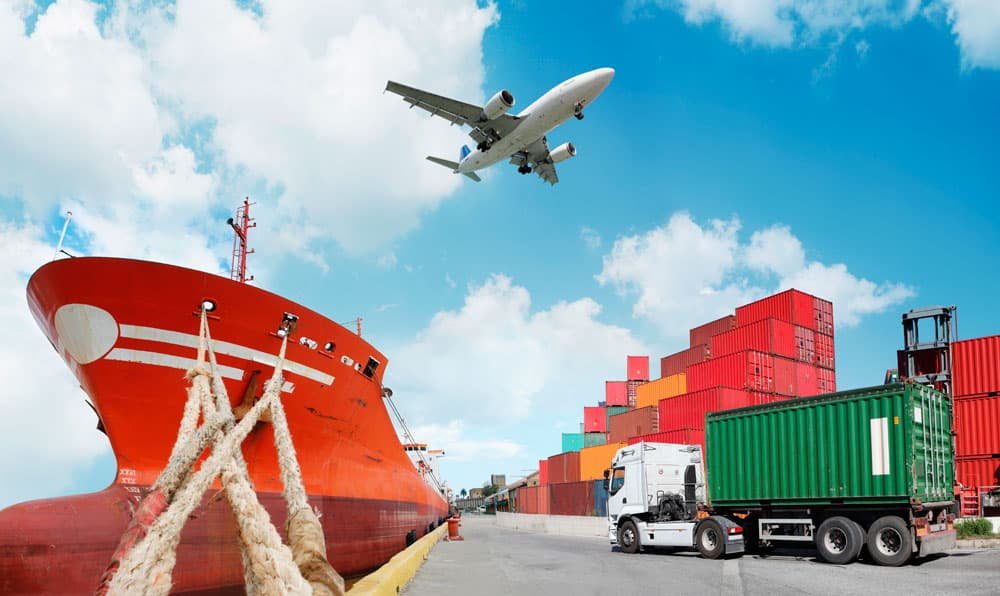In the past, shipping products used to take a long time since the process was slow and untrustworthy. People did not have confidence in the shipping process, especially when it came to purchasing products from foreign traders.  However, in the current times, shipping has become reliable. You can ship products back and forth via short and long distances without worry since the world has accepted long distance trading and created many safe platforms for it. If you are a first-time shipper, here are some tips to help you.
However, in the current times, shipping has become reliable. You can ship products back and forth via short and long distances without worry since the world has accepted long distance trading and created many safe platforms for it. If you are a first-time shipper, here are some tips to help you.
- Make use of the peak season
Shipping has peak seasons that vary in different parts of the world. If you are shipping products from Asian countries such as china, The Philippines, Japan and others, you should try to beat the Chinese New Year when trading is at its peak. If you are shipping from American or European countries, you should use the peak period, which is right before major holiday seasons. During the holidays, factories shut down for weeks, resulting in a major delay in your shipment.
- Find out everything about charges
Make sure that you understand all the shipping fees. Even when you buy products and some of the vendors offer you free shipping you may incur some hidden charges. You should ask about the charges, payment plan, and any other fees that your shipment plan might attract. Make sure that you also understand the customs and regulations in your country when it comes to shipping, so that you do not have problems retrieving your shipment.
- Have all the necessary documentation
To avoid any misunderstanding with your cargo, make sure that you have all the required documents ready. Do your research and prepare all the paperwork related to that shipment. Advice your supplier accordingly so that he or she creates the necessary paperwork to help with a smooth shipment. Such documents include packing lists, receipts, bill of lading, invoices, legal permits, licenses, custom stamps, and many others.
- Prepare your cargo well
Shipping containers should be prepared well to withstand extreme shipping conditions. They are subjected to extreme humidity, strong winds, subzero temperatures and sometimes flooding. They are handled manually at the port, hence they have to be in a good condition. Make sure that your shipping container is well prepared to protect your cargo from such conditions.
- Label organic cargo
Organic cargo is tricky to ship since some of it has a short shelf life. It is important that you label your organic cargo well for smooth shipping. Failure to declare organic cargo can lead to losses. Your cargo can be delayed at the port, quarantined for testing, or even destroyed. Remember that any delays cause losses since the more time your cargo stays in the port the more charges you incur.
- Insure your cargo
It is wise to insure your cargo no matter how much you trust your shipping company. From the time your cargo leaves its destination, it is handled by trucking companies, the port, warehousing companies, crane operators and many other people in between before it gets to you. It is important to insure your cargo to protect yourself against major losses.





